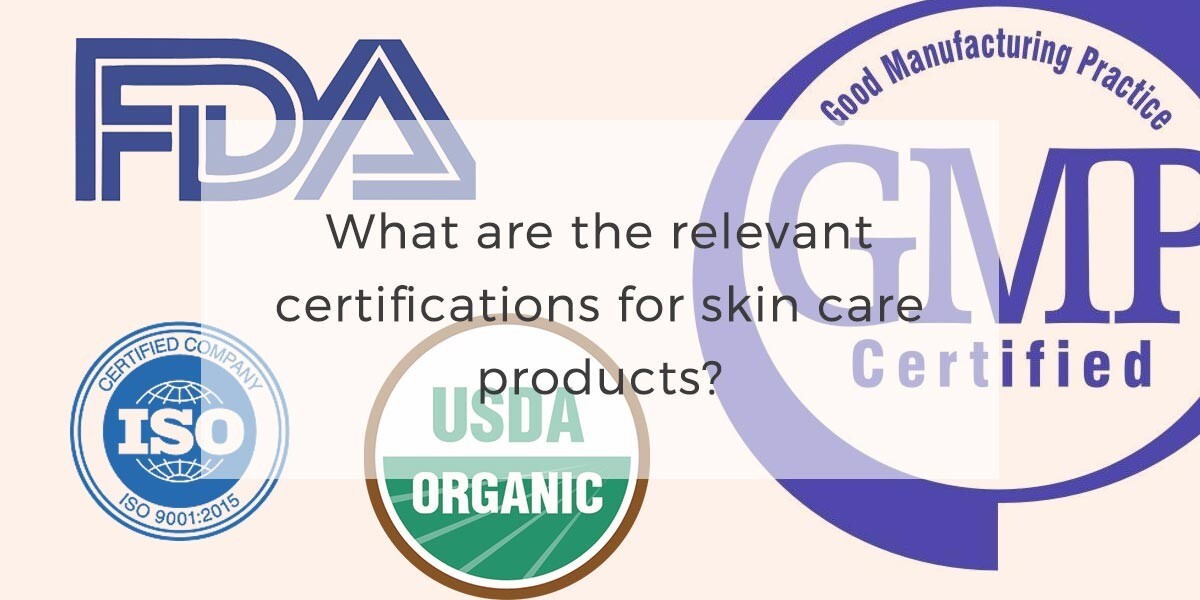To start a herbal cosmetics business, you need to ensure that your products comply with various regulations and certifications, which are important for both legal compliance and consumer trust. Here are the key certifications and registrations typically required: Home – 1Click Distributors
1. Cosmetic Manufacturing License
In most countries, you will need a cosmetic manufacturing license to legally produce and sell cosmetic products, including herbal cosmetics. In India, for example, you must obtain this license under the Drugs and Cosmetics Act, 1940, from your local Food and Drug Administration (FDA) office.
Types of Licenses:
Form 32: For manufacturers producing cosmetics.
Form 31: For loan licensees, meaning manufacturers who use other facilities to produce their cosmetics.
Required Documents:
Product formulation details.
Manufacturing facility layout.
Details of equipment and personnel.
2. Good Manufacturing Practices (GMP) Certification
GMP ensures that products are consistently produced and controlled according to quality standards. It’s crucial for building customer trust, especially for herbal products.
GMP certification is often required to ensure that your manufacturing processes meet international quality standards.
In India, it is mandatory to follow GMP as per the Schedule M of the Drugs and Cosmetics Act.
3. ISO 22716:2007 Certification (Cosmetic GMP) Home – 1Click Distributors
This international standard provides guidelines for the production, control, storage, and shipment of cosmetic products. It is specifically tailored for cosmetics and ensures high-quality production and safety standards.
ISO 22716 certification is recognized worldwide and can help you export your products globally.
4. Ayush Certification (for Ayurvedic Products)
If your herbal cosmetics are based on traditional systems of medicine like Ayurveda, Siddha, or Unani, you may need certification from the Ministry of Ayush in India.
The Ayush Premium Mark Certification Scheme is relevant for exporting Ayurvedic products and is issued by the Quality Council of India (QCI).
Required Documents:
Product formulation details based on traditional medicinal texts.
Manufacturing and quality control protocols.
Stability and safety data.
5. Bureau of Indian Standards (BIS) Certification
Some cosmetic products, like certain soaps and skin creams, may require BIS certification under the Indian Standards (IS) for cosmetic products to ensure quality and safety.
Relevant BIS standards include:
IS 13424: Shampoos
IS 15608: Hair Conditioners
IS 4707: List of Raw Materials for Cosmetic Products (to ensure no banned substances are used).
6. Food and Drug Administration (FDA) Compliance
In many countries, herbal cosmetics must comply with FDA regulations for cosmetic products. The requirements vary depending on whether the product makes therapeutic claims (e.g., anti-aging, acne treatment), in which case the product may be classified as a drug rather than a cosmetic.
For the U.S., herbal cosmetics must follow the FDA Cosmetic Regulations, ensuring that they do not contain harmful substances and are labeled correctly.
7. Organic Certification (Optional but Valuable)
If your products are marketed as organic, they should be certified by a recognized organic certification body. Some popular certifications include:
USDA Organic: In the U.S., this is the standard for organic products.
COSMOS Standard: Used in Europe and globally for certifying organic and natural cosmetics.
India Organic: In India, herbal cosmetics can be certified under the National Program for Organic Production (NPOP).
Organic certification involves detailed inspections of your sourcing, manufacturing processes, and storage to ensure the absence of synthetic chemicals, GMOs, and harmful preservatives.
8. Cruelty-Free Certification
If your herbal cosmetics are not tested on animals, you can obtain cruelty-free certification from organizations like PETA’s Beauty Without Bunnies or Leaping Bunny.
This certification assures consumers that no animal testing is involved at any stage of product development.
9. Halal Certification (Optional)
If you intend to market your herbal cosmetics to Muslim consumers, getting Halal certification ensures that your products are made in compliance with Islamic laws, avoiding ingredients like alcohol and animal fats.
10. Fair Trade Certification (Optional)
If your herbal cosmetics involve ethically sourced ingredients from small-scale farmers, getting a Fair Trade certification can help appeal to socially conscious consumers.
11. Lab Testing and Safety Certification
Before marketing your products, ensure they are tested in certified labs to assess:
Microbiological safety: Ensures that the products are free from harmful microorganisms.
Allergen testing: Certifies that the products won’t cause allergic reactions.
Stability and shelf-life testing: Determines the product’s longevity and effectiveness over time.
Conclusion
To summarize, the key certifications you will need for your herbal cosmetics business are:
Cosmetic Manufacturing License
GMP Certification
ISO 22716:2007 (Cosmetic GMP)
Ayush Certification (if applicable)
BIS Certification (if required for certain products)
Optional but beneficial certifications include organic, cruelty-free, halal, and fair trade certifications, depending on your target market. These certifications will ensure legal compliance, build trust with your customers, and help your products stand out in the competitive market.

